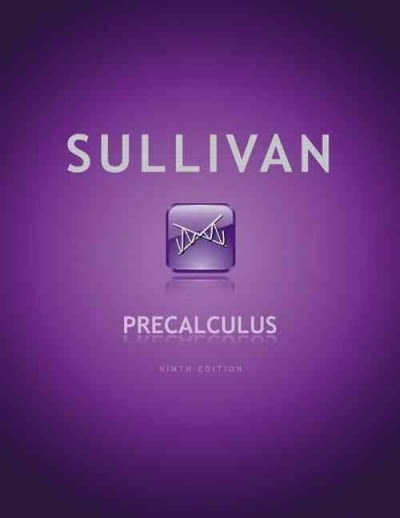Question
This assignment can reinforce the nuances in the many vocabulary words that are presented this week. Gathering the information and putting it together in one
This assignment can reinforce the nuances in the many vocabulary words that are presented this week. Gathering the information and putting it together in one spot will give you something easy to reference as you work on the items for the rest of the week, the final project, and the remaining weeks of the course. Feel free to consult multiple sources to get answers that make sense to you. If you use other sources, please cite them. While this is a graded activity, it is meant to serve as a resource for you.
Activity Instructions
Answer the following questions in detail. You can use bullet points to describe a process or to differentiate items in each answer as necessary. Include the questions in the document you submit for grading.
- What are the two types of hypotheses used in a hypothesis test? How are they related?
- Describe the two types of errors possible in a hypothesis test decision.
- What are the two decisions that you can make from performing a hypothesis test?
- Does failing to reject the null hypothesis mean that the null hypothesis is true? Explain.
- Explain the difference between the z-test for mu using rejection region(s) and the z-test for mu using a P-value.
- In hypothesis testing, does using the critical value method or the P-value method affect your conclusion? Explain.
- Explain how to find critical values for a t-distribution.
- Explain how to use a t-test to test a hypothesized mean mu when sigma is unknown. What assumptions are necessary?
- What is a multinomial experiment?
- What conditions are necessary to use the chi-square goodness-of-fit test?
Step by Step Solution
There are 3 Steps involved in it
Step: 1

Get Instant Access to Expert-Tailored Solutions
See step-by-step solutions with expert insights and AI powered tools for academic success
Step: 2

Step: 3

Ace Your Homework with AI
Get the answers you need in no time with our AI-driven, step-by-step assistance
Get Started


